Everyone parents differently and, depending on where you live in the world, it can look vastly different. Parenting is often impacted by culture, tradition, and personal values. It’s safe to assume that every parent aims to raise happy and healthy children. However, the approach can look surprisingly different. Here are eight parenting styles from around the world that may come as a shock to you.
1. Japan: Teaching Independence Early

You would never send your four-year-old out to run an errand on their own. In Japan, it’s not uncommon. Parents often encourage their kids to become independent at a very young age. Children as young as three or four years old are sent out to run errands. Elementary-age children often walk to and from school on their own. Public safety and a culture of trust make this practice possible, allowing kids to navigate the world with confidence. The parents believe that allowing their kids to have this freedom early on teaches responsibility and independence, ultimately creating self-reliant adults.
2. Sweden: Prioritizing Outdoor Play

In Nordic countries, there is a saying that goes, “There’s no such thing as bad weather, only bad clothing.” That rings true in Sweden when it comes to parenting styles. Swedish parents embrace the concept of “friluftsliv,” which translates to “open-air living.” Most children spend a lot of time outside and preschools often hold classes entirely outside. Many parents believe that playing outside helps foster creativity, resilience, and social skills.
3. Kenya: The Power of Community
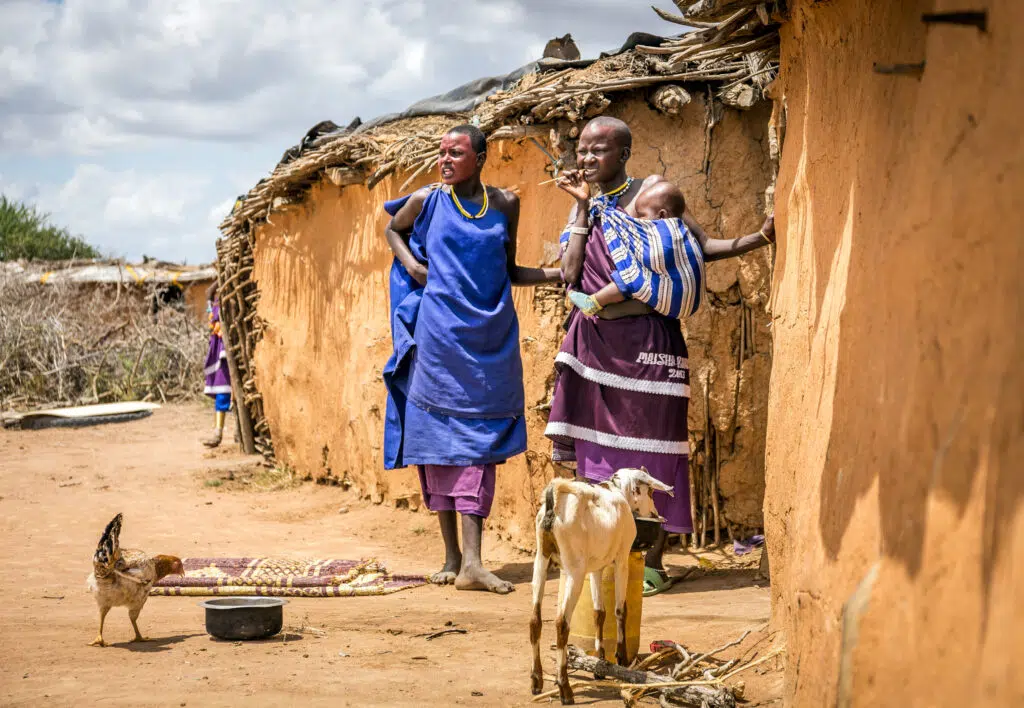
In Kenya, childrearing is often seen as a communal task and not something parents have to face alone. They take the saying, “It takes a village” to a new level. Multiple people, including extended family and neighbors, have a hand in raising the children in their community. Parents also rely on oral traditions, storytelling, and songs to teach moral values and life lessons. It is still somewhere they believe that children should be seen and not heard. However, the total approach to parenting within the community provides children with a strong sense of belonging and they grow to trust the people around them.
4. France: Cultivating Patience and Politeness
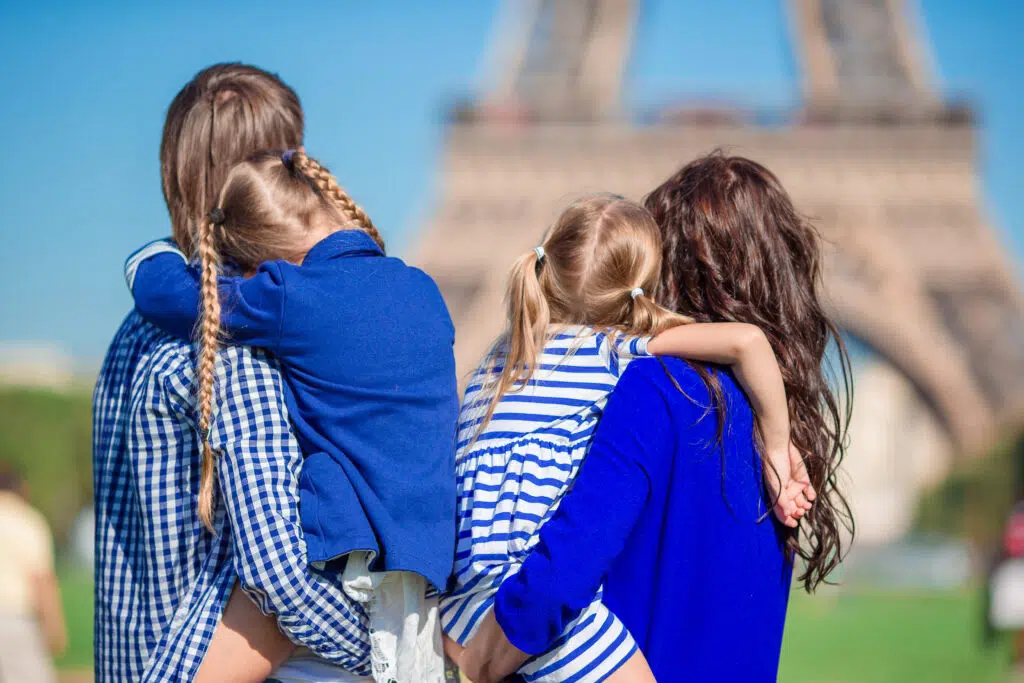
French parents tend to focus on teaching their children patience and manners early on in life. Young children are expected to sit through a multi-course dinner without any complaints. Boundaries are set early on so that children know what is acceptable and what is not. Many French parents also practice “The Pause,” which means waiting a few minutes before stepping in to calm their child down. They believe this helps with self-soothing.
5. Inuit Communities: Gentle Discipline

Inuit communities in Canada are some of the first to use “gentle parenting.” Many parents in these communities avoid yelling at their kids. Instead, they practice a uniquely gentle approach to discipline to teach self-control and regulation. By maintaining a calm demeanor, Inuit parents believe they are teaching their children to also remain calm. Overall, they focus on guidance rather than punishment and lead by example.
6. China: Education and Hard Work
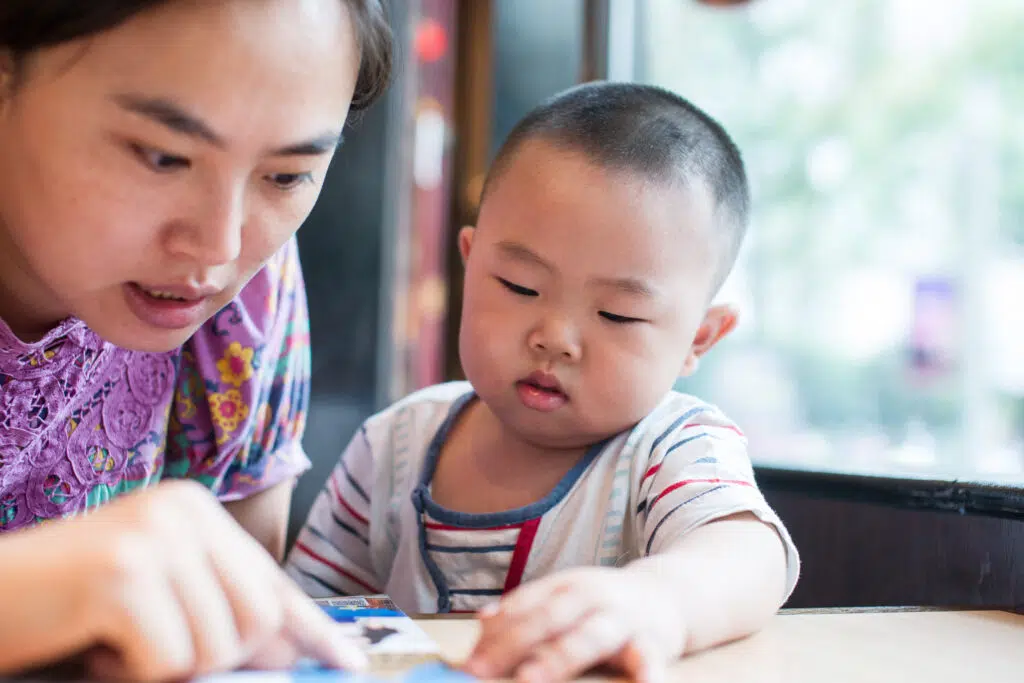
Chinese parents often applaud hard work and discipline. While they value talent, they are much more likely to praise hard work. Studies have shown that people are more likely to work harder if they believe that their hard work is key to achievement. Chinese parents also hammer home the fact that they believe education is the key to success. The “Tiger Parenting” style is both praised and criticized for its high expectations and rigorous demands. Despite criticisms, this parenting style helps kids develop a strong work ethic.
7. Italy: Family as the Center
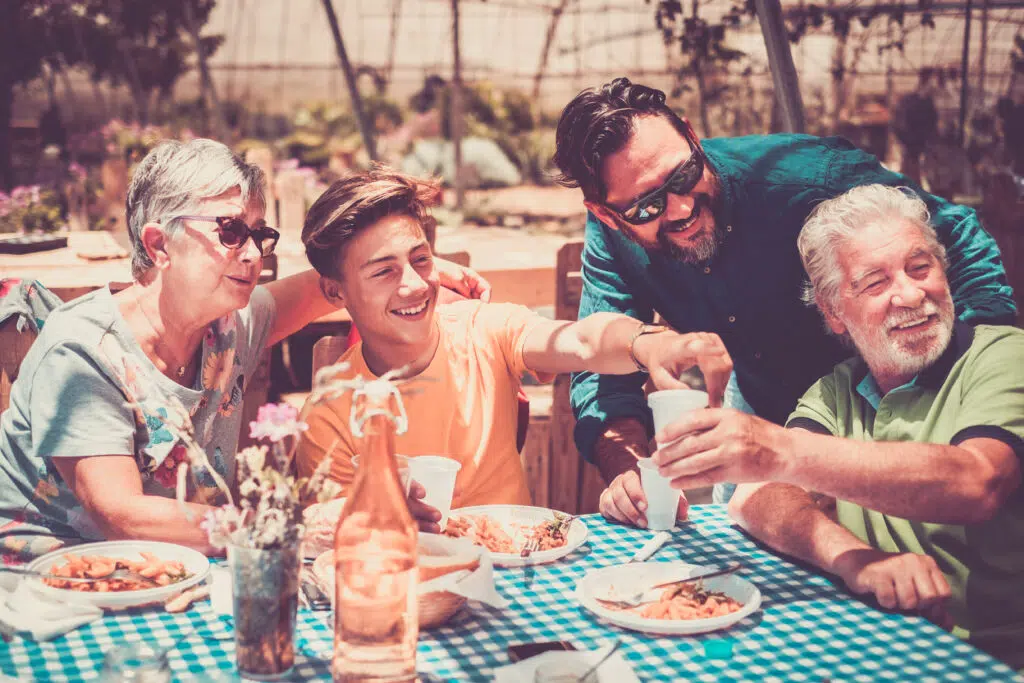
In Italian families, children are raised with a strong focus on close bonds. They will often live with extended family members (grandparents, aunts, uncles). Everyone will sit around the table to eat together and food is often a way they bond. Grandparents also typically take an active role in raising children. This helps them appreciate their culture and upbringing. Overall, Italian parents encourage a relaxed and affectionate approach, valuing emotional expression over rigid rules. This leads children to grow up feeling connected to their roots and to have a deep bond with their families.
8. Germany: Encouraging Freedom with Boundaries
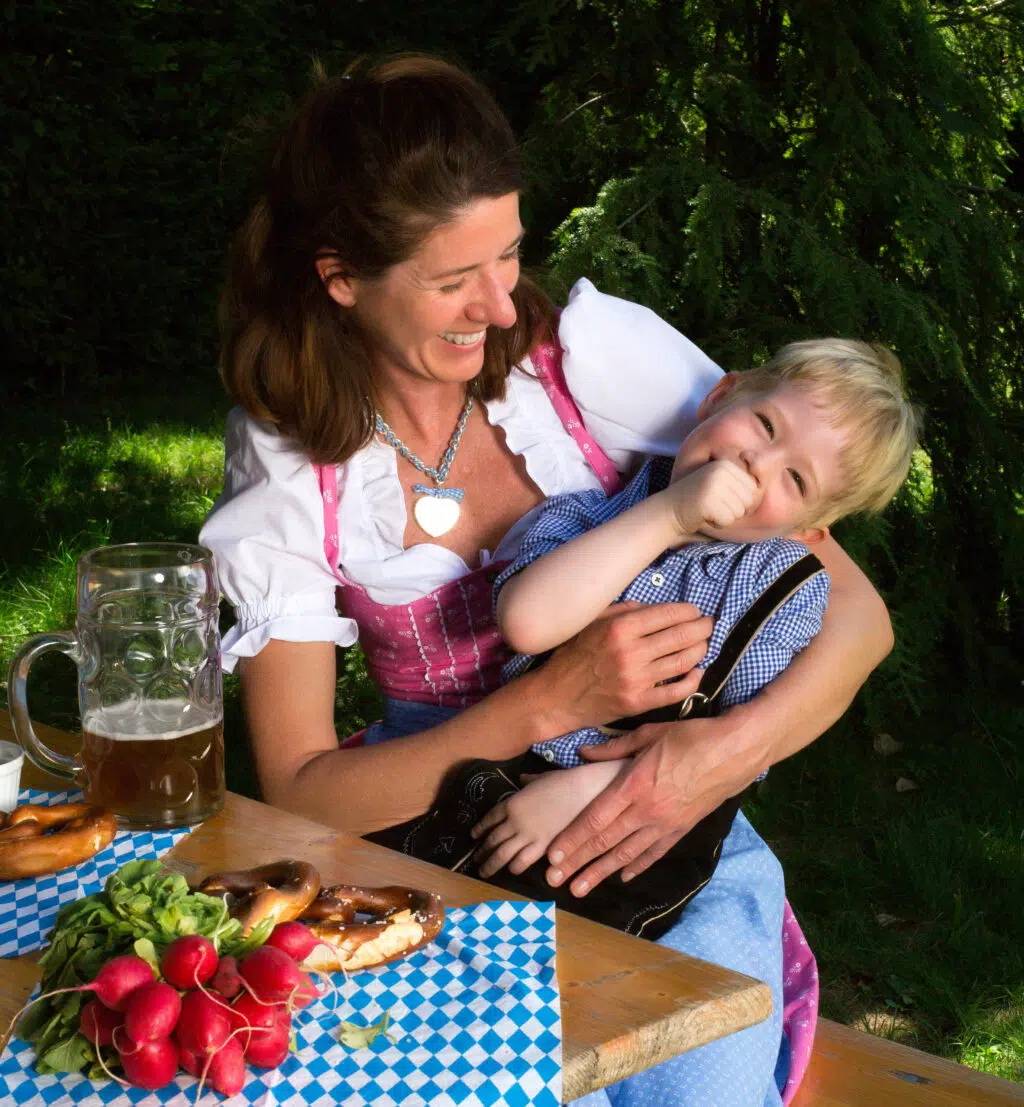
The typical German parenting style focuses on independence. Like Japan, many children are encouraged to be independent at a young age. Schools in Germany emphasize “self-organized learning,” which gives children the freedom to manage their own tasks. Kindergartens in the country also frequently have a space where kids can play with minimal supervision. From a young age, kids are also taught the value of being punctual, responsible, and respectful. This balanced approach fosters confidence while ensuring a sense of discipline. German parenting reflects a harmonious mix of freedom and accountability.
Lessons from Around the World
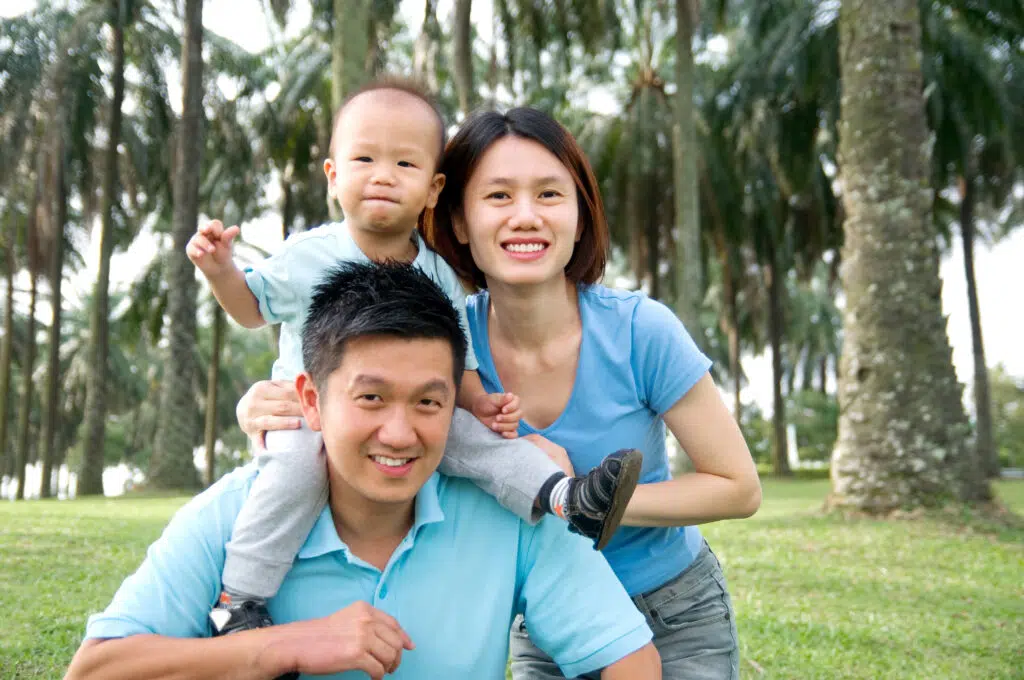
Looking at these eight parenting styles from around the world reveals some of the diverse ways families nurture their children. Some parents emphasize independence, while others focus on family. It goes to show that there is no one-size-fits-all formula for parenting. You might even consider borrowing some elements from different cultures to enrich your own parenting strategies. At the end of the day, every parent wants the same thing: happy, capable, and compassionate children.